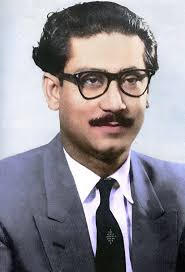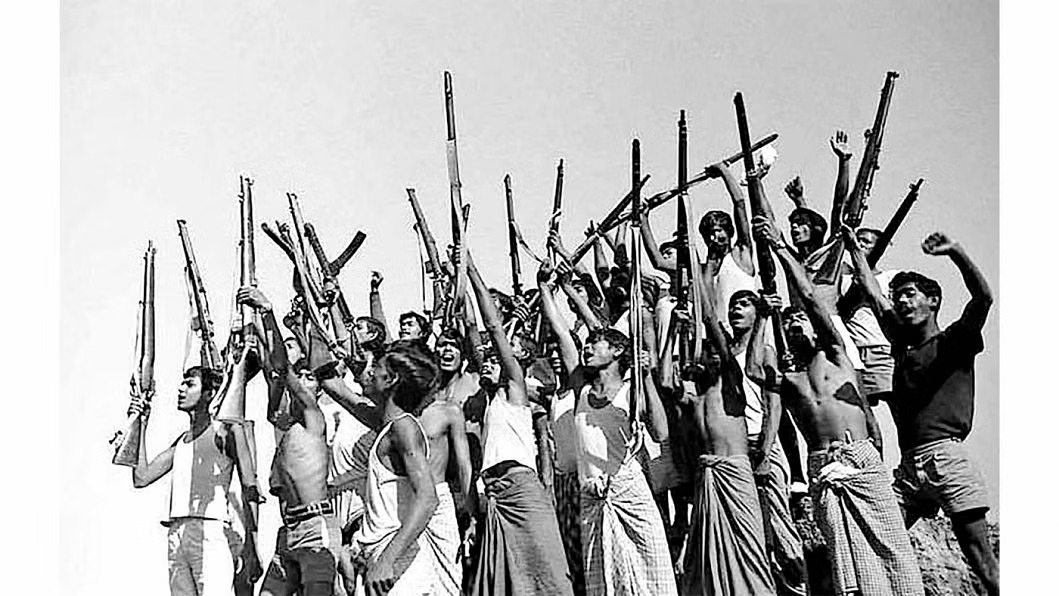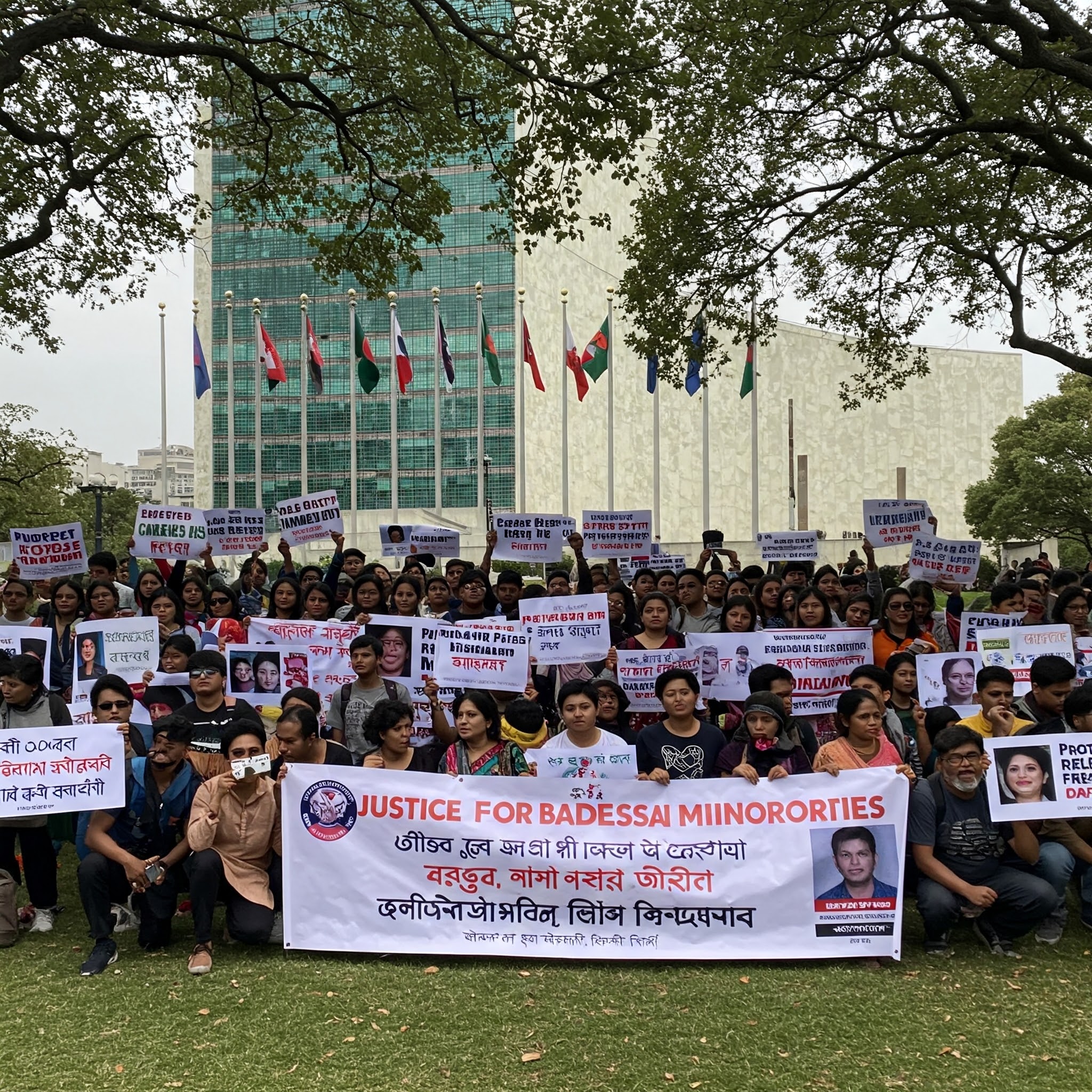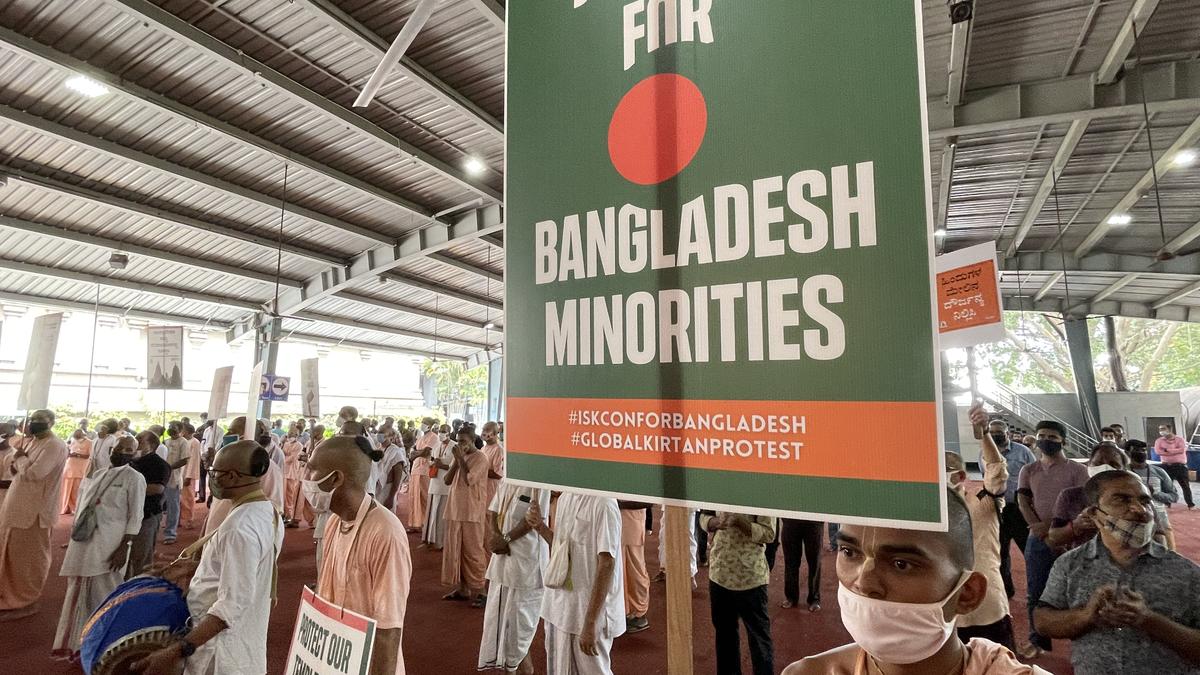The Fight for Independence
Despite mass violence, Bangladeshis resisted through civilian uprisings and organized forces. The Mukti Bahini (Liberation Army) formed to fight the Pakistani military, engaging in guerrilla warfare across the country.
In December 1971, West Pakistan launched a final offensive, systematically killing approximately 1,000 intellectuals, including professors, journalists, doctors, and lawyers, in an attempt to cripple the new nation's future leadership.
Following India's intervention, Bangladesh was officially liberated on December 16, 1971, a day now celebrated as Bijoy Dibosh (Victory Day).




